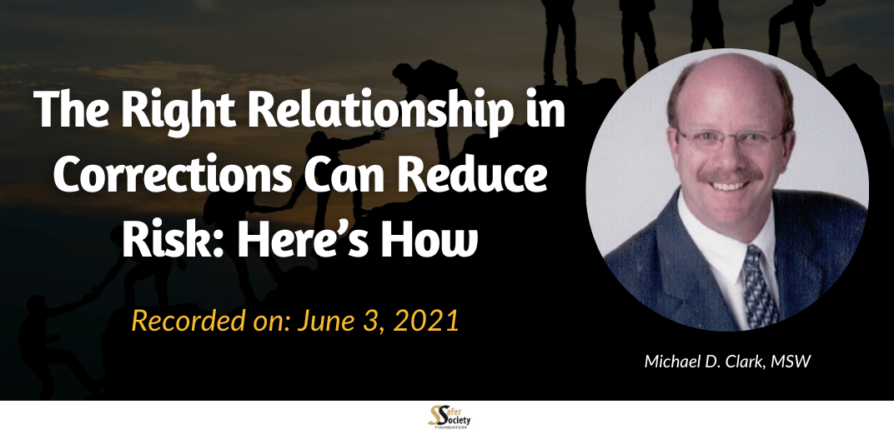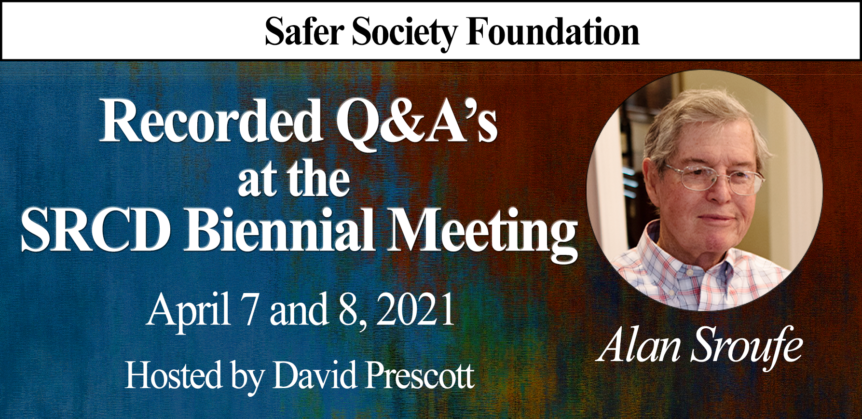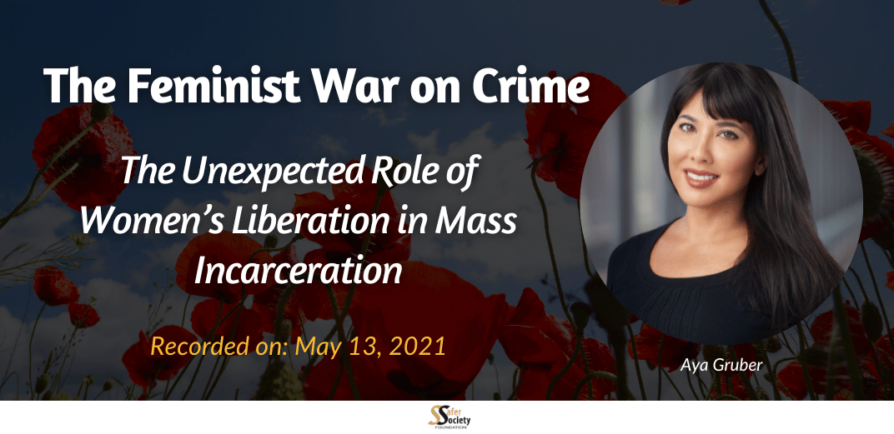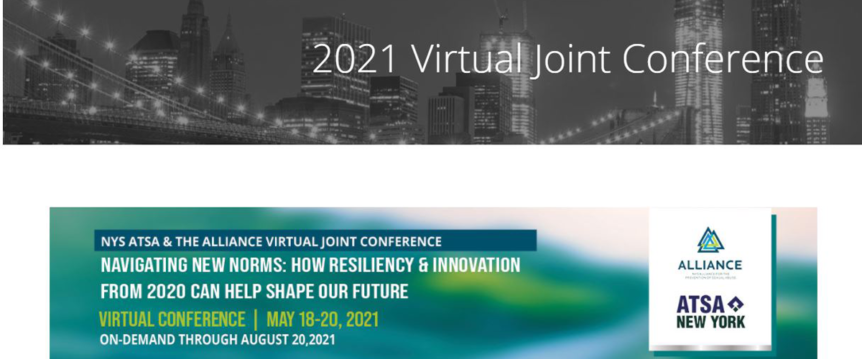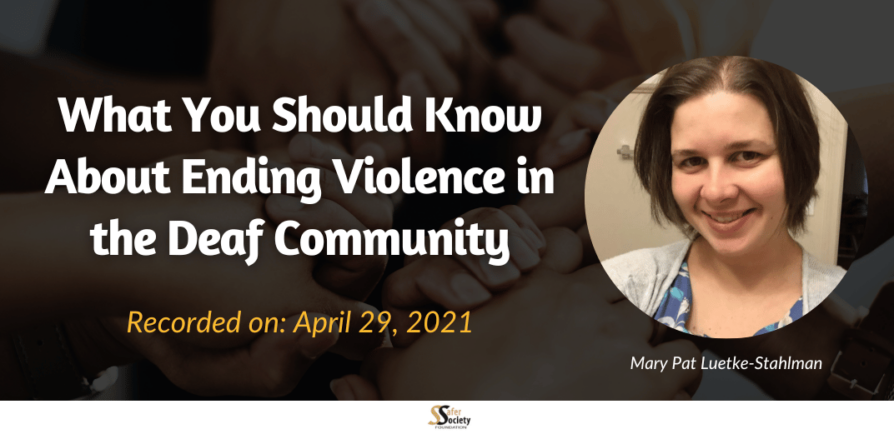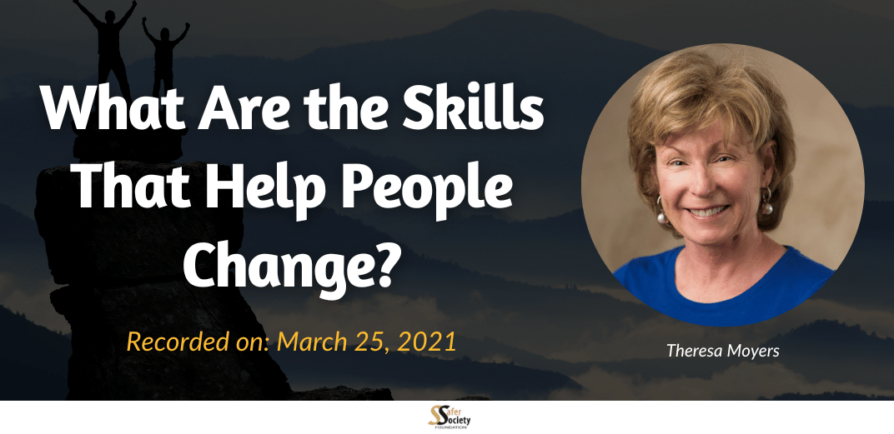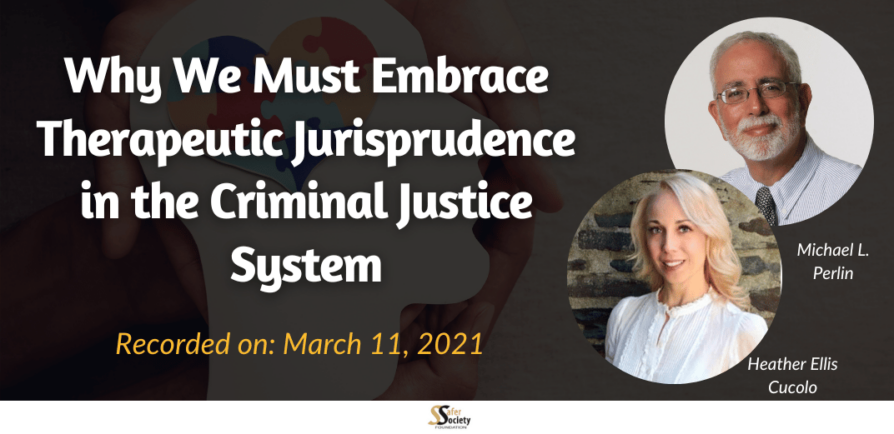This commentary focuses on the direct practice of probation and parole officers, as they exert much influence on decisions to punish. It identifies groups that willfully contribute to this “prison pipeline.” This conversation focuses on how empowering risk-need-responsivity approaches with Motivational Interviewing, ending with a discussion of the benefits that caused Motivational Interviewing to be deemed a good fit for community corrections.
Q&A Sessions with Alan Sroufe
At the recent SRCD Biennial Meeting, Safer Society Press hosted two live Q & A sessions with Dr. Alan Sroufe over Zoom. We thought the …
Shipping delays likely. Plan ahead.
Here’s a little inside information about how things work at Safer Society Press. Our books are shipped from the printer to a company in Michigan, …
The Feminist War on Crime
The Feminist War on Crime explains how feminists, in their quest to secure women’s protection from domestic violence and rape, became soldiers in the war on crime and contributors to mass incarceration by emphasizing white female victimhood, expanding the power of police and prosecutors, touting the problem-solving power of incarceration, and diverting resources toward law enforcement and away from marginalized communities. Today, many feminists grapple with the problem of hyper-incarceration in the United States, and yet commentators on gender crime continue to assert that criminal law is not tough enough. This punitive impulse is dangerous and counterproductive. In order to reverse this troubling course, Gruber contends that we must abandon the conventional feminist wisdom, fight violence against women without reinforcing the American prison state, and use criminalization as a technique of last—not first—resort.
NYS ATSA & The Alliance Virtual Joint Conference
The 2021 Virtual Conference will bring you the same high-quality content that you have come to expect from the annual NYS ATSA and Alliance Joint …
What You Should Know About Ending Violence in the Deaf Community
Deaf people are significantly more likely to experience abuse and violence than are people in the hearing community. This conversation provides attendees with crucial information about the challenges that deaf people face. As just one example, in police investigations, if the individual who perpetrated violence is hearing, they are typically afforded quicker access to police officers than the deaf person who was victimized. This can result in less likelihood of accountability.
Now Available! Taking Action Spanish-Language Edition
We are pleased to announce that both editions of Taking Action are now available in Spanish-language.
What Are the Skills That Help People Change? A Conversation with Theresa Moyers
This webinar conversation is of interest to any professional who wants to be more effective with more people. It is not limited to clinicians; the same characteristics apply across disciplines. This is a rare opportunity for a discussion with one of the world’s leading experts.
Why We Must Embrace Therapeutic Jurisprudence in the Criminal Justice System
This webinar explores therapeutic jurisprudence, an approach to law that aims to positively impact the psychological well-being of the accused person. The case for therapeutic jurisprudence is particularly strong when we consider questions about how society treats individuals with severe mental illness diagnoses and intellectual disabilities.
Shipping Announcement
We have always prided ourselves at quickly processing orders and finding the right balance of the cost of shipping and timely delivery. But during the …
